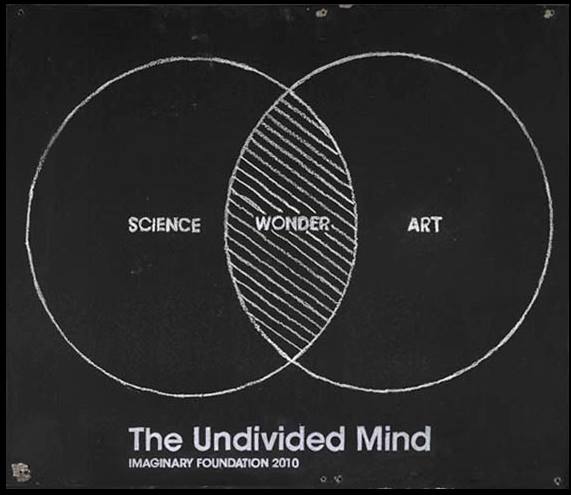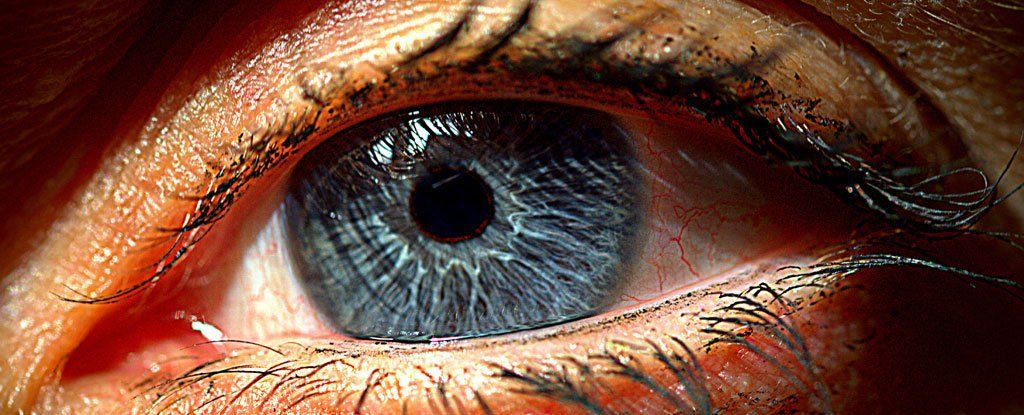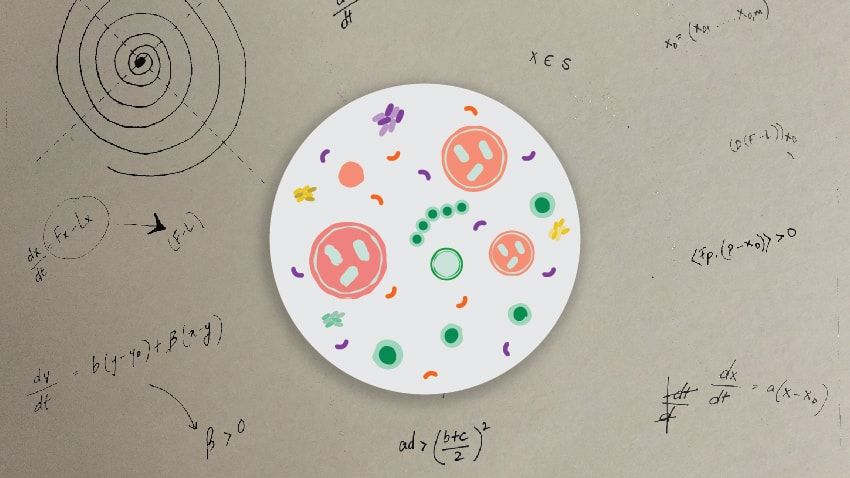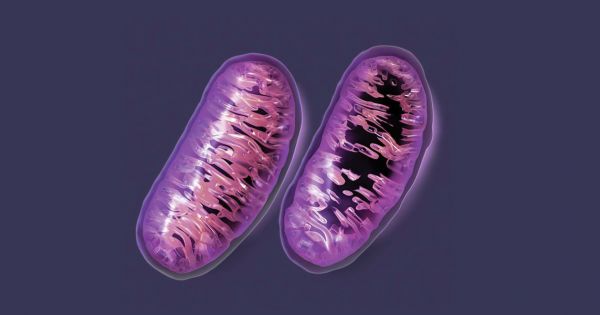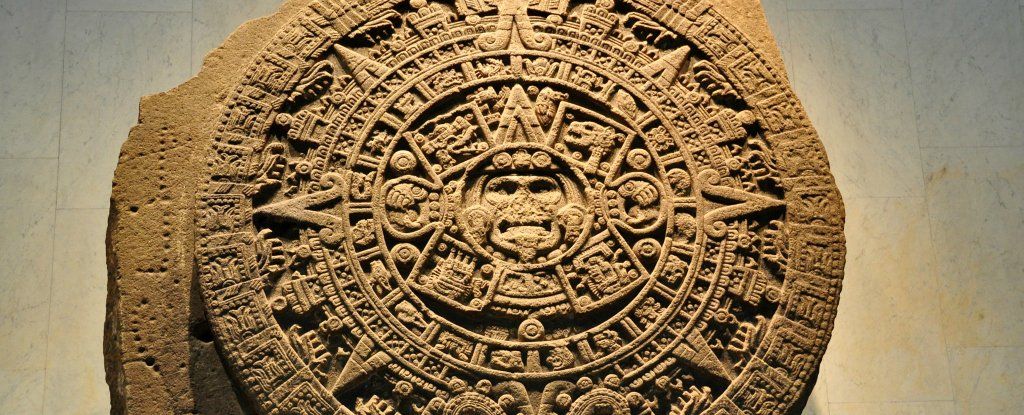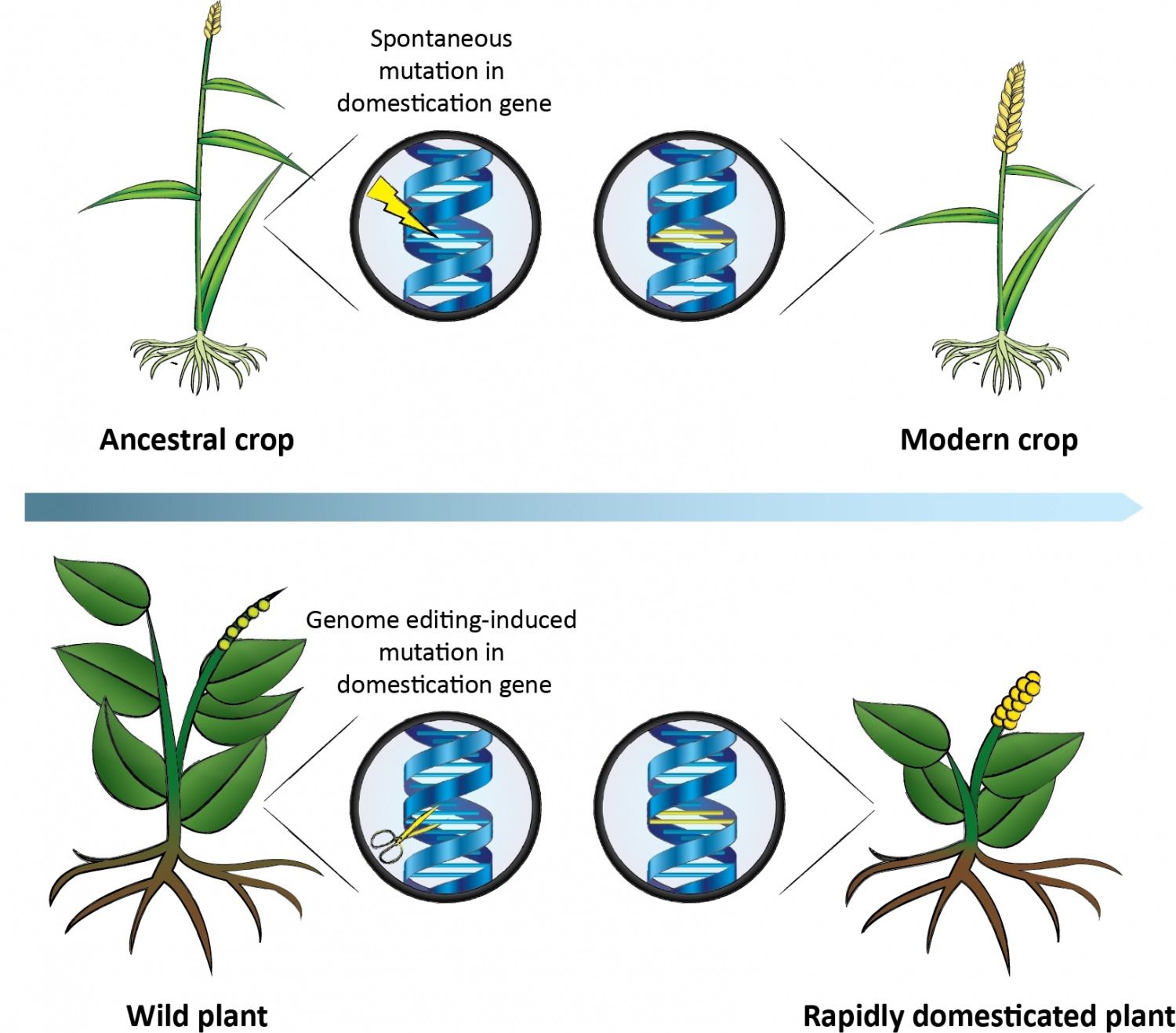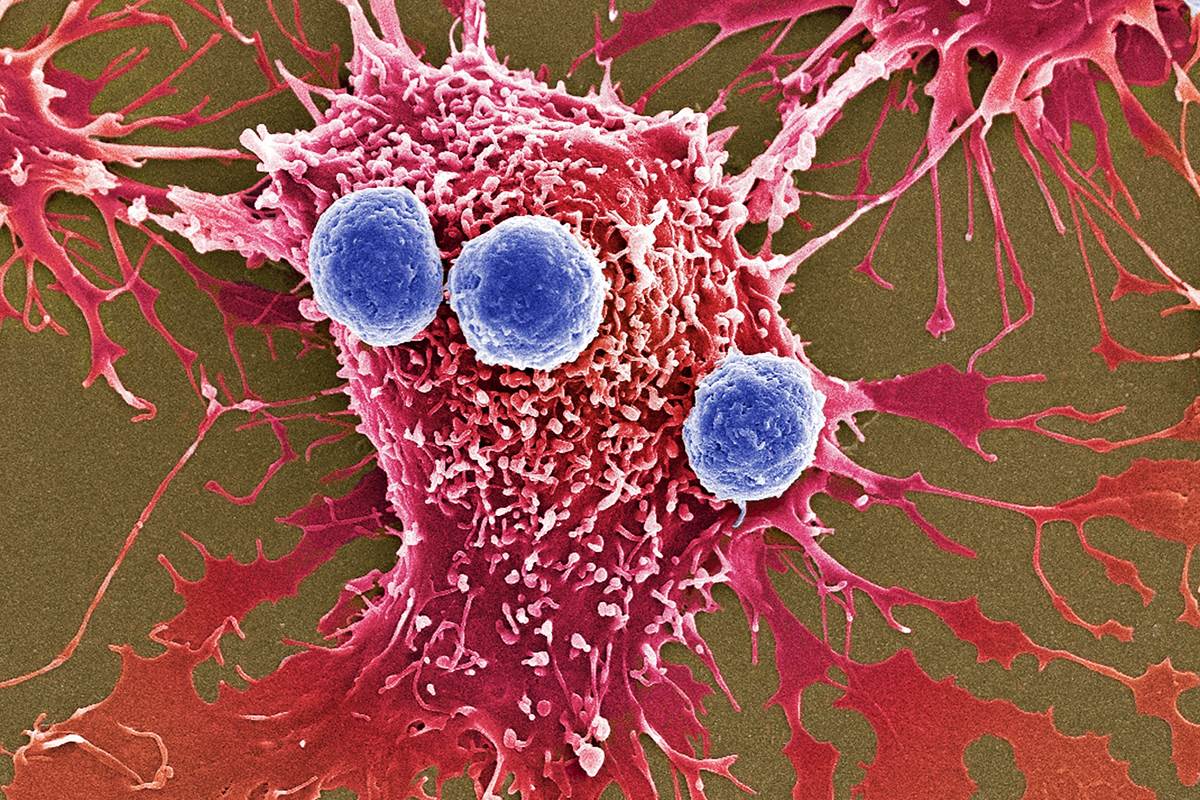Archive for the ‘genetics’ category: Page 444
Mar 13, 2017
Scientists Have Created an Artificial Retina Implant That Could Restore Vision to Millions
Posted by Shane Hinshaw in category: genetics
Scientists have developed a retinal implant that can restore lost vision in rats, and are planning to trial the procedure in humans later this year.
The implant, which converts light into an electrical signal that stimulates retinal neurons, could give hope to millions who experience retinal degeneration – including retinitis pigmentosa – in which photoreceptor cells in the eye begin to break down, leading to blindness.
The retina is located at the back of the eye, and is made up of millions of these light-sensitive photoreceptors. But mutations in any one of the 240 identified genes can lead to retinal degeneration, where these photoreceptor cells die off, even while the retinal neurons around them are unaffected.
Mar 6, 2017
Can math help explain our bodies—and our diseases?
Posted by Shailesh Prasad in categories: biotech/medical, genetics, mathematics
What makes a cluster of cells become a liver, or a muscle? How do our genes give rise to proteins, proteins to cells, and cells to tissues and organs?
The incredible complexity of how these biological systems interact boggles the mind—and drives the work of biomedical scientists around the world.
But a pair of mathematicians has introduced a new way of thinking about these concepts that may help set the stage for better understanding of our bodies and other living things.
Mar 4, 2017
Transhumanist Wants to Run for California Governor Under Libertarian Banner
Posted by Zoltan Istvan in categories: bioengineering, biotech/medical, economics, genetics, geopolitics, transhumanism
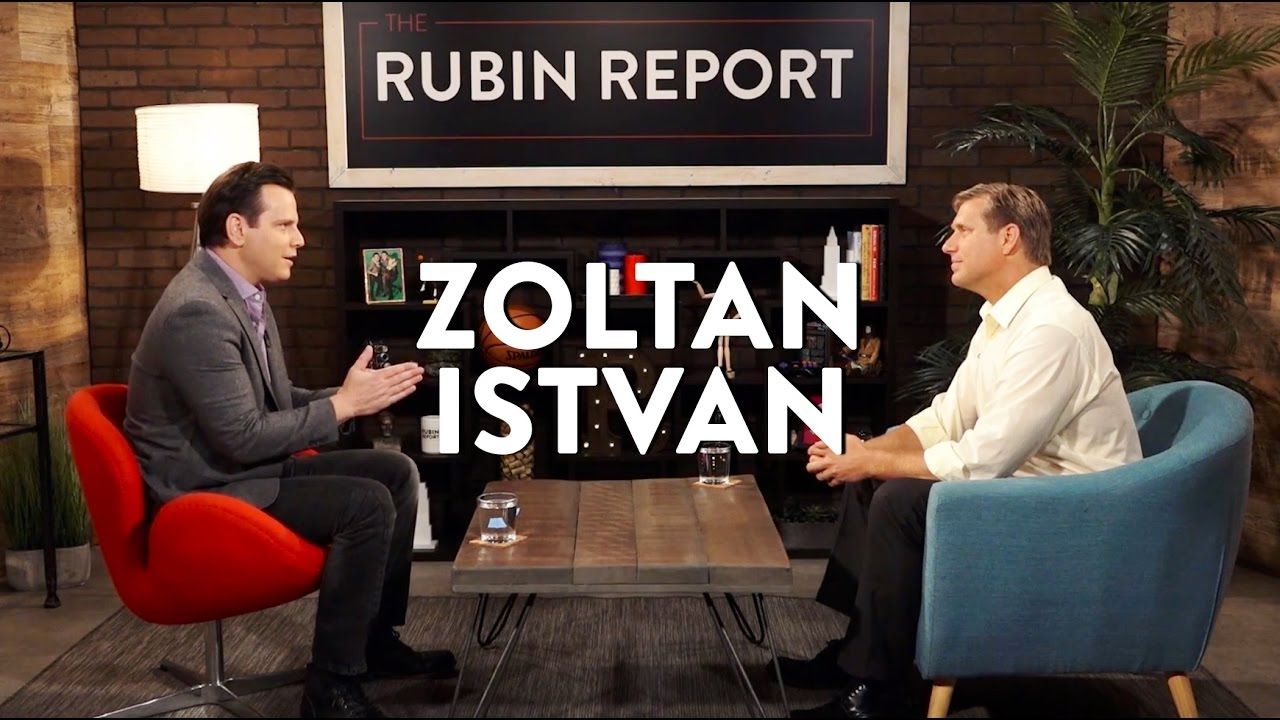
The Libertarian Republic covering my libertarian run for California Governor:
Continue reading “Transhumanist Wants to Run for California Governor Under Libertarian Banner” »
Mar 4, 2017
An End to Aging: Can Science Allow Humans to To Become Immortal?
Posted by Bruno Henrique de Souza in categories: genetics, life extension, robotics/AI, science
Some scientists argue that aging is a social construct, not a natural law. Can we challenge it with advances in genetics and artificial intelligence?
Mar 4, 2017
New Evidence Links the Collapse of Aztec Society to a Deadly Salmonella Outbreak
Posted by Germen Roding in categories: biotech/medical, genetics
A new pathogen can have devastating consequences in genetically homogenous populations.
When Spanish forces arrived in Mexico in 1519, the native population was estimated to be around 25 million. A century later, there were only around 1 million left, following several devastating outbreaks of disease brought in from overseas.
Despite plenty of speculation, the diseases that contributed to the collapse of Aztec society remain unconfirmed. But now scientists have presented the first DNA evidence of a bacterial species from one of the worst epidemics — and it suggests that a deadly outbreak of salmonella might have been involved.
Mar 3, 2017
Want more crop variety? Researchers propose using CRISPR to accelerate plant domestication
Posted by Germen Roding in categories: bioengineering, biotech/medical, food, genetics, sustainability
The more crops we cultivate, the less chance our food supply wil get wiped out by a disease.
Out of the more than 300,000 plant species in existence, only three species—rice, wheat, and maize—account for most of the plant matter that humans consume, partly because in the history of agriculture, mutations arose that made these crops the easiest to harvest. But with CRISPR technology, we don’t have to wait for nature to help us domesticate plants, argue researchers at the University of Copenhagen. In a Review published March 2 in Trends in Plant Science, they describe how gene editing could make, for example, wild legumes, quinoa, or amaranth, which are already sustainable and nutritious, more farmable.
“In theory, you can now take those traits that have been selected for over thousands of years of crop domestication—such as reduced bitterness and those that facilitate easy harvest—and induce those mutations in plants that have never been cultivated,” says senior author Michael Palmgren, a botanist who heads an interdisciplinary think tank called “Plants for a Changing World” at the University of Copenhagen.
Mar 3, 2017
New strain of algae produces five times more hydrogen fuel
Posted by Montie Adkins in categories: energy, genetics, transportation
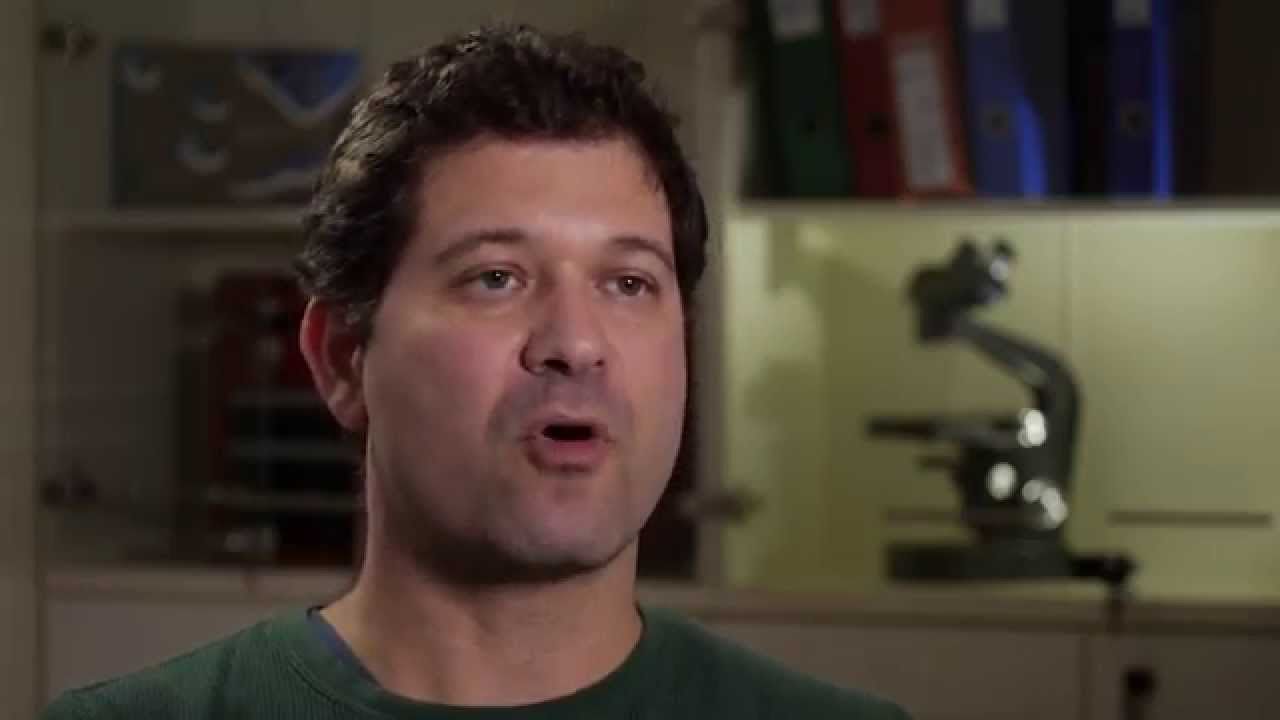
Hydrogen can be used in combustion like a regular gas engine or mixed with oxygen in a fuel cell for an electric engine.
A Tel Aviv University team led by Iftach Yacoby genetically engineered algae to emit hydrogen five times more efficiently to potentially power hydrogen cars.
Continue reading “New strain of algae produces five times more hydrogen fuel” »
Mar 1, 2017
4 Ways this revolutionary gene-editing tool could change the world
Posted by Dan Kummer in categories: biotech/medical, genetics
The woolly mammoth has been extinct for more than 4000 years. Now scientists are talking about bringing it back with the help of a powerful gene-editing technique called CRISPR-Cas9.
But CRISPR’s promise extends far beyond the possibility to resurrect extinct animals. It may also have the potential to boost crop yields and create alternatives fuel sources, protect us from insect-borne scourges like malaria and Zika, and even cure cancer.
Mar 1, 2017
Forget Mammoths, We Could Bring Dinosaurs and Neanderthals Back to Life
Posted by Bryan Gatton in categories: biotech/medical, genetics
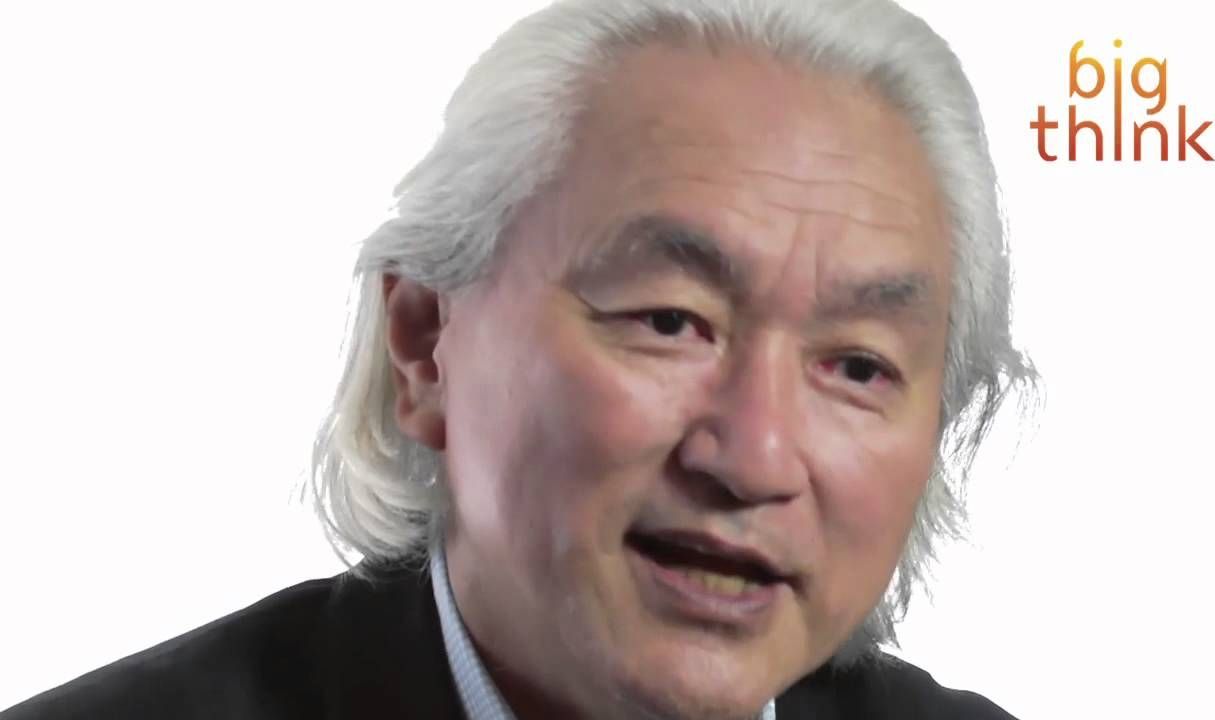
Dangerous thought.
The scientific world was set ablaze of late as discussions ramped up about the resurrection of the wholly mammoth. I know what you’re thinking: Jurassic Park. Well, not quite — but maybe not that far off, either. Dr. Michio Kaku, professor of theoretical physics at the City College of New York, wonders: what if we could clone the Neanderthal, or a dinosaur, based solely off their genomes?
Continue reading “Forget Mammoths, We Could Bring Dinosaurs and Neanderthals Back to Life” »
